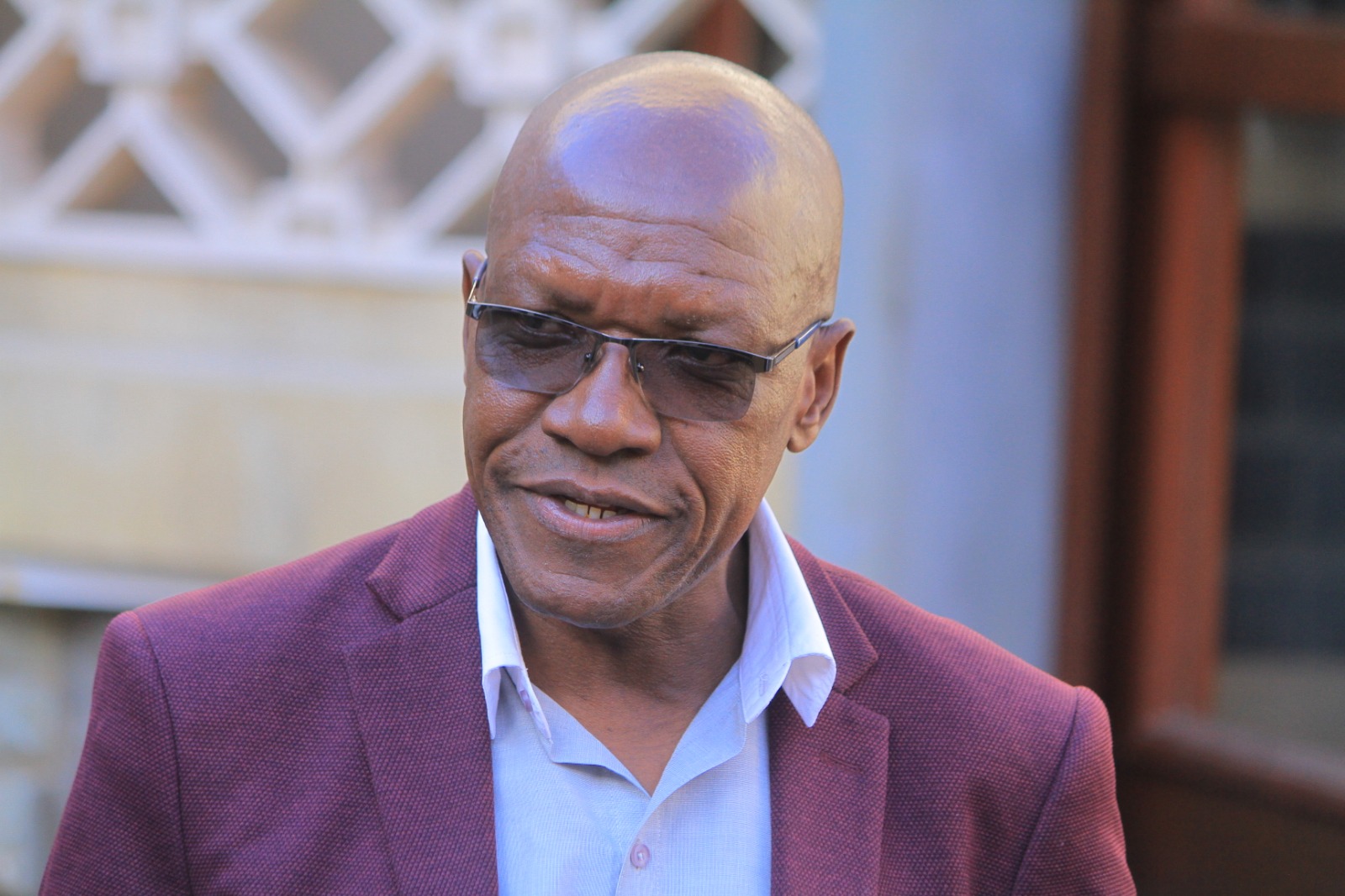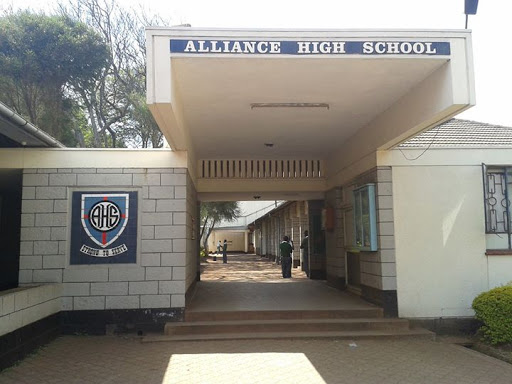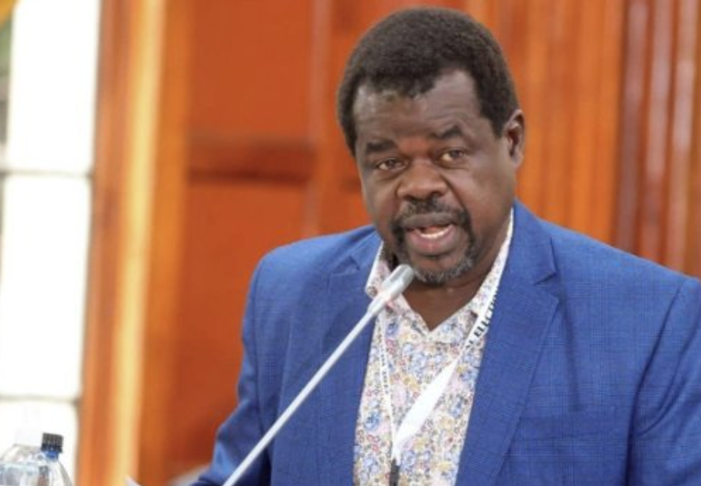The Ethics and Anti-Corruption Commission (EACC) has revealed that Turkana Governor Jeremiah Ekamais Lomorukai is facing an imminent arrest for the alleged forgery of academic certificates.
The commission through its CEO Twalib Mbarak announced that the governor forged his degree certificate in order to be cleared to contest for the county’s seat.
It is alleged that the former Loima Member of Parliament (MP) forged both his diploma and degree certificate purporting to be acquired from the Kenya Methodist University (KeMU).
“Following investigations, EACC established that both the governor’s Degree and Diploma certificates were fake thus rendering the governor liable to criminal prosecution,” the statement reads in parts.
Twalib while noting that the Director of Public Prosecutions (DPP) had consented to the decision to arrest the Turkana county head additionally pointed out that the Ekamais was among 241 candidates flagged for integrity issues.
Ekamais is expected to be questioned on how he acquired the academic documents before facing charges such as uttering false documents contrary to section 353 of the penal code, giving incorrect information and forgery.
“Mbarak informed the MPs that there is the imminent arrest of one serving Governor for violation of the law. The Director of Public of Public Prosecutions has concurred with EACC recommendation to prosecute the Governor,” a statement shared to newsrooms had earlier revealed.
“EACC will arrest the governor and present him before the Court to face charges as it continues with investigations of similar matters relating to forgery of academic certificates,” the statement added.
Mbarak while addressing the lawmakers during the induction programme held at Safari Park Hotel on Thursday, September 22, 2022, highlighted that there were critical issues affecting the war against graft.
He noted that the commission had profiled all county heads affirming that the anti-graft body will fight tooth and nail to ensure investigations are successfully conducted across county governments.
Mbarak noted that so far 191 graft cases had been finalized in court and assets worth Ksh22.8billion recovered.
The CEO maintained that the commission was committed to exercising its constitutional mandate and delivering noting that the commission had concluded 501 investigations over the last three financial years.
Governors sign integrity oath
Following the general election held on August 9, 2022, EACC moved to enforce the law which requires all new state officers to take an integrity oath by signing an Integrity Code developed under the Leadership and Integrity Act, 2012. The law makes it mandatory for all newly elected or appointed state officers to sign the integrity codes before they assume office.
“Enforcement of the Code is part of the ongoing efforts by EACC to implement Chapter Six of the Constitution with a view to escalating the fight against corruption in the incoming national and county governments,” Eric Ngumbi, the Commission’s Head of Corporate Affairs and Communication said.
He added that signing of the integrity code signified a commitment and pledge to the public that the State Officer will, during their tenure, uphold integrity, prevent corruption and not betray the public trust.
He additionally highlighted that the EACC was also enforcing another integrity requirement for all newly elected or appointed state officers to declare their wealth within 30 days of assuming office. Those exiting public service following the August elections are also required to sign.
“Wealth Declaration Forms contain crucial information necessary for corruption investigations and asset recovery by the Commission. The declarations will therefore assist EACC in its work,” he said.
The commission also noted that compliance with the integrity codes by the Governors will enable them to overcome some of the integrity challenges currently facing counties.
Among the malpractices noted in counties, including embezzlement of public funds, payments for services not rendered, conflict of interest, abuse of office, inflated costs of projects and fraudulent payroll systems involving ghost workers.
EACC is investigating these allegations to inform interventions which may include asset recovery and prosecution of the culpable persons.









